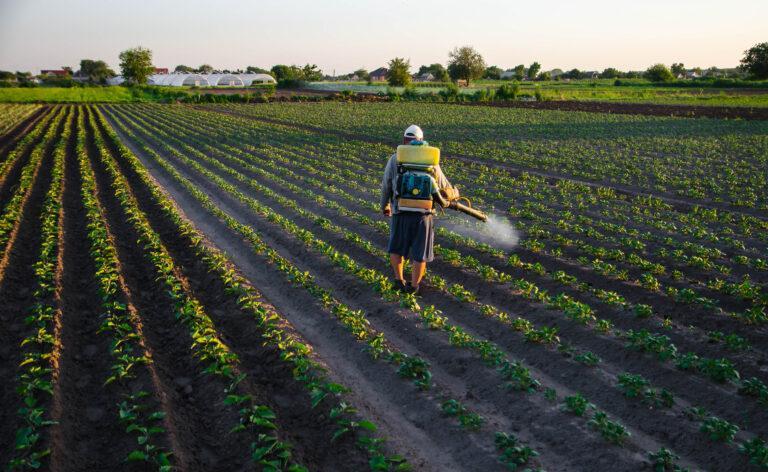It’s mainly used on cereals, potatoes and some vegetable crops. Since it is used in large quantities in a large area, and it can be found in the air even after application due to its high volatility, ANSES has taken several measures since 2017. In its 2020 report, ANSES included it in the list of plant protection substances requiring particular attention. Although the substance is not classified as carcinogenic, mutagenic or reprotoxic, exposure may cause skin reactions.
Several European countries have reported the presence of prosulfocarb on untreated crops. In 2018, ANSES made the use of nozzles mandatory, which reduce spray drift by at least 66%. The active substance is assessed at the European level. The European Commission recently extended its approval until January 31, 2027.
After the tightening of the conditions of use, ANSES again examined the prosulfocarb contamination of non-target plants and found that it can still be found on these crops, but its quantity does not exceed the risk threshold for consumers. However, due to its abnormal presence, certain crops could not be marketed.
After measuring concentration peaks in the air in certain areas in the fall of 2021, they analyzed the pollution levels of the 2018-2019 period and determined that they do not pose a threat to human health.
In addition, a new risk assessment was carried out for local residents using EFSA's 2022 updated exposure estimation methods. They came to the conclusion that the exceedance of the safety threshold could not be ruled out in case of childrens’ exposure within a 10-meter area of the treatment, mainly in the event of dermal exposure.
ANSES therefore took the following immediate measures in October 2023. The maximum authorised dose of prosulfocarb per hectare must be reduced by at least 40%. The use of nozzles has been made mandatory, which reduces spray drift by 90%, and a buffer zone of 10 meters must be maintained during treatment, or 20 meters until the purchase of the special nozzle.
Holders of authorisations must provide data by June 30, 2024, showing that the exposure of local residents is effectively reduced by the new measures. If these are not convincing, the authorization of prosulfocarb will be withdrawn immediately.

